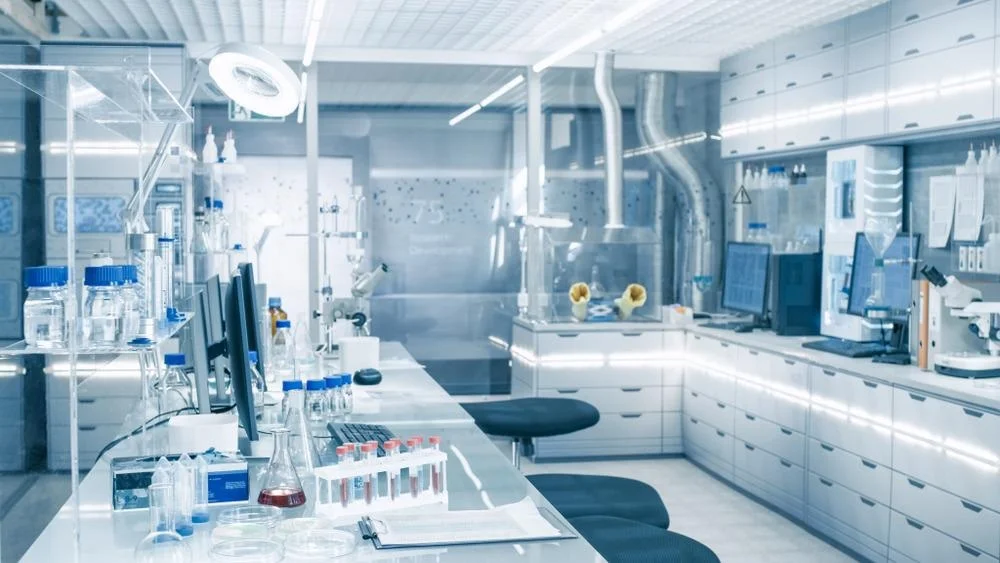Honey Organic Additive Screening
The process of honey organic additive screening is critical in ensuring the quality and safety of honey products. This service involves a series of tests designed to identify any unnatural or synthetic additives that may have been introduced during production, processing, or packaging. The aim is to maintain the integrity and natural composition of honey, which is essential for consumers' health and for industry standards.
Organic additives are substances added to honey to enhance its shelf life, alter its flavor profile, or improve its appearance. These can include sugars, syrups, stabilizers, and other chemicals that may not be naturally present in honey. The presence of such additives is a significant concern as they can mask the true quality and origin of the product.
Our laboratory uses advanced analytical techniques to screen for these organic additives. This includes gas chromatography-mass spectrometry (GC-MS), high-performance liquid chromatography (HPLC), and nuclear magnetic resonance spectroscopy (NMR). These methods allow us to detect even trace amounts of synthetic compounds, ensuring the reliability of our test results.
The testing process begins with the collection of honey samples from various sources. Each sample is carefully labeled and prepared for analysis. The specimens are then subjected to a series of tests designed to identify any unnatural additives. This involves extracting potential contaminants using appropriate solvents and then analyzing the extracts through the aforementioned analytical techniques.
The results of these tests provide detailed information about the presence and concentration levels of organic additives. This data is crucial for ensuring that honey products meet regulatory requirements and consumer expectations. Our laboratory adheres to international standards such as ISO 17025, which ensures the accuracy and reliability of our testing methods.
- Gas Chromatography-Mass Spectrometry (GC-MS) is used for the identification and quantification of volatile organic compounds in honey.
- High-Performance Liquid Chromatography (HPLC) helps to determine the presence of sugars, syrups, and other additives that could alter the natural composition of honey.
- Nuclear Magnetic Resonance Spectroscopy (NMR) provides detailed structural information about molecules in the sample, aiding in the identification of synthetic compounds.
By using these sophisticated techniques, we can ensure that our clients receive accurate and reliable test results. This not only helps to maintain the quality and reputation of their products but also ensures compliance with international regulations such as EU Directive 2017/625 on honey.
The importance of this service cannot be overstated in today's competitive market where consumers are increasingly concerned about the authenticity and purity of food products. Our laboratory is equipped to handle a wide range of honey samples, from large-scale producers to smaller artisanal beekeepers. This versatility ensures that we can meet the diverse needs of our clients.
Our team of experts has extensive experience in this field, ensuring that every sample undergoes thorough and accurate analysis. We pride ourselves on providing timely results and detailed reports, which are essential for informed decision-making by quality managers, compliance officers, R&D engineers, and procurement specialists.
Quality and Reliability Assurance
The reliability of our honey organic additive screening service is underpinned by strict adherence to international standards and rigorous internal quality control processes. We are committed to delivering accurate, consistent, and reproducible results that meet the highest industry expectations.
To ensure the accuracy of our tests, we follow a meticulous sample preparation process that includes thorough cleaning, homogenization, and extraction methods tailored to each type of honey being tested. This ensures that all samples are treated consistently across different batches and clients.
We also employ a team of highly trained analysts who use cutting-edge technology and software to analyze the results obtained from our tests. This allows us to provide detailed reports that include not only quantitative data but also qualitative insights into the nature of any detected additives.
The quality assurance process extends beyond just the testing phase. We continuously monitor our equipment, methods, and procedures to ensure they remain up-to-date with the latest scientific advancements. Regular calibration and validation exercises are conducted to maintain the precision and accuracy of our instruments.
In addition to these technical measures, we also have robust quality control checks in place at every stage of the testing process. This includes internal audits, peer reviews, and external validations by independent experts to ensure that all results meet stringent criteria set forth by relevant regulatory bodies.
Our commitment to quality is further reflected in our certifications and accreditations. We hold ISO 17025 accreditation, which recognizes us as a competent organization capable of conducting tests and providing calibration services required for conforming products or processes. This certification ensures that our clients can trust the integrity and reliability of our results.
We also adhere to international standards such as EU Directive 2017/625 on honey, which sets out specific requirements regarding the composition of honey intended for human consumption. By following these guidelines closely, we ensure that all our tests are conducted in compliance with applicable laws and regulations.
Our reputation for delivering high-quality results is built on years of experience and continuous improvement efforts aimed at staying ahead of industry trends and technological advancements. We believe that quality assurance is not just about meeting current standards but also anticipating future challenges to maintain the highest standards possible.





